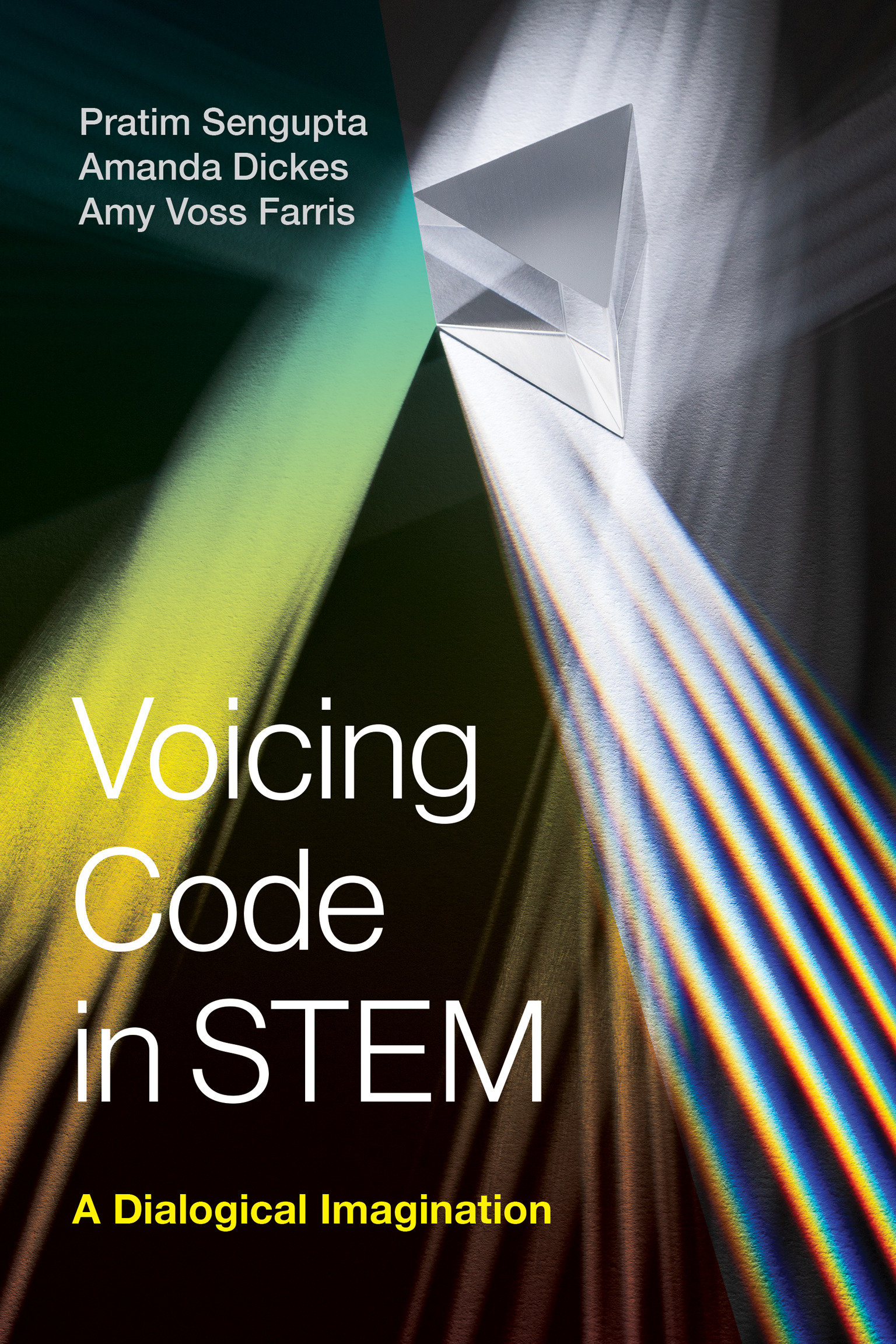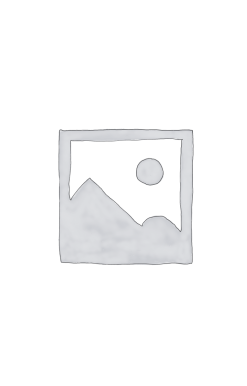No gift registry found click here to create new registry
Cart contain Gift Registry Items cannot add products
Voicing Code in STEM: A Dialogical Imagination
30.00 JOD
Please allow 2 – 5 weeks for delivery of this item
Add to Gift RegistryDescription
An exploration of coding that investigates the interplay between computational abstractions and the fundamentally interpretive nature of human experience.The importance of coding in K-12 classrooms has been taken up by both scholars and educators. Voicing Code in STEM offers a new way to think about coding in the classroom–one that goes beyond device-level engagement to consider the interplay between computational abstractions and the fundamentally interpretive nature of human experience. Building on Mikhail Bakhtin’s notions of heterogeneity and heteroglossia, the authors explain how STEM coding can be understood as voicing computational utterances, rather than a technocentric framing of building computational artifacts. Empirical chapters illustrate this theoretical stance by investigating different framings of coding as voicing.
Additional information
| Weight | 0.4 kg |
|---|---|
| Dimensions | 1.3 × 15.4 × 22.9 cm |
| PubliCanadation City/Country | USA |
| Author(s) | |
| Format Old` | |
| Language | |
| Pages | 232 |
| Publisher | |
| Year Published | 2021-3-9 |
| Imprint | |
| ISBN 10 | 0262045117 |
| About The Author | Pratim Sengupta Pratim is Full Professor of Learning Sciences and Research Chair in STEM Education in the Werklund School of Education at the University of Calgary. Amanda Dickes is a Learning Scientist at the Gulf of Maine Research Institute. Amy Voss Farris is Assistant Professor at Penn State College of Education. |
| Other text | “As access to technology has expanded in K–12 classrooms, it is the technology itself that has been the central focus, making learners, educators, communities, and histories peripheral. The authors of this book return the complex experience of learners and educators to the center of the classroom narrative.”—Colleen M. Lewis, Assistant Professor of Computer Science, University of Illinois at Urbana-Champaign “Computational heterogeneity offers a critical correction to the widespread embrace of ‘coding for all.’ With a distinct combination of theoretical depth and rich classroom examples, the authors illuminate the possibilities of centering the lived experiences of students and teachers in computing.”—Thomas M. Philip, Associate Professor in the Graduate School of Education, University of California, Berkeley |
| Table Of Content | List of Figures xiList of Tables xiiiAcknowledgments xv1 Beyond Technocentrism: Coding as Experience 12 A Dialogical Imagination of Coding in STEM 233 Coding and Modeling as Perspectival Work 414 Addressivity in Computational Design 635 Recontextualization and Transitional Othering 876 Computational Heterogeneity and Teacher Voice 1217 Coding as Aesthetic Experience 1658 Computational Heterogeneity: A Radical Reflection 191Index 211 |
Only logged in customers who have purchased this product may leave a review.
Related products
-
On backorder 2-5 Weeks to Arrive
Add to Gift Registry42.00 JOD -
On backorder 2-5 Weeks to Arrive
Add to Gift Registry -
Low stock
Add to Gift Registry18.99 JOD -
On backorder 2-5 Weeks to Arrive
Add to Gift Registry






Reviews
There are no reviews yet.